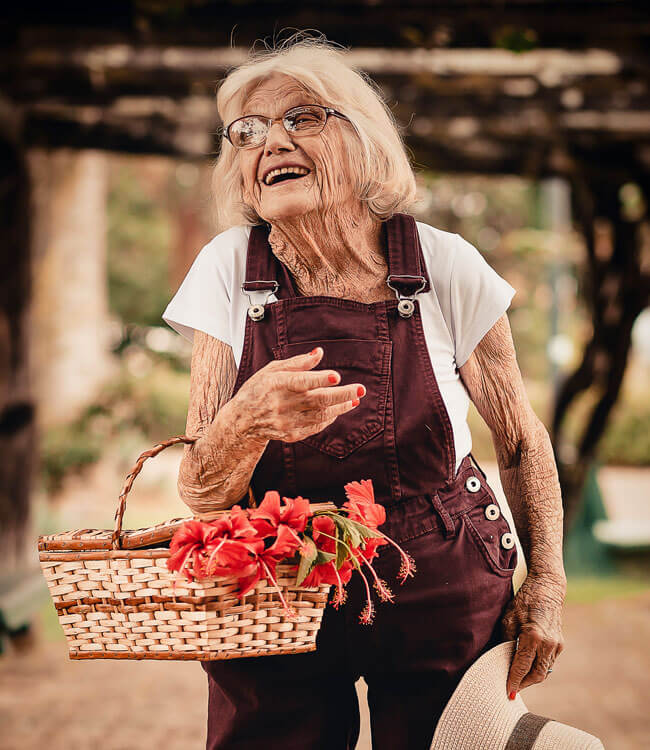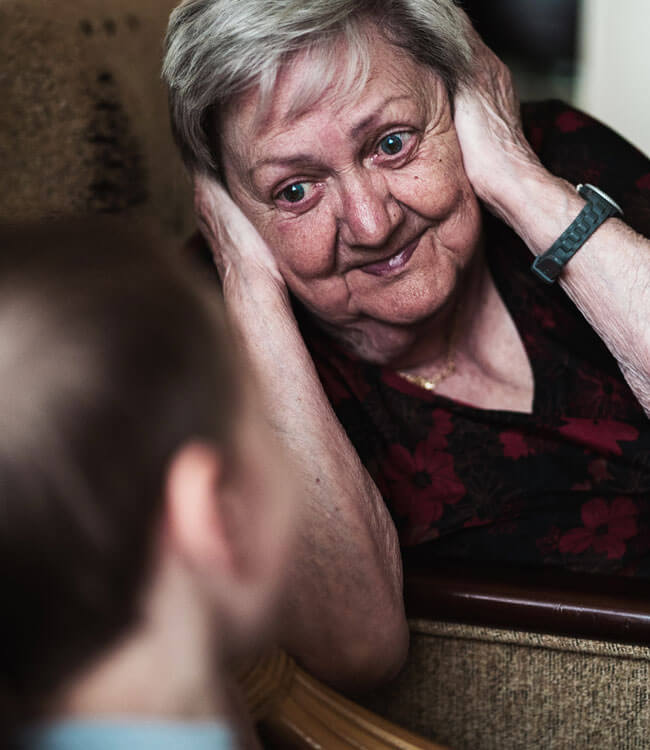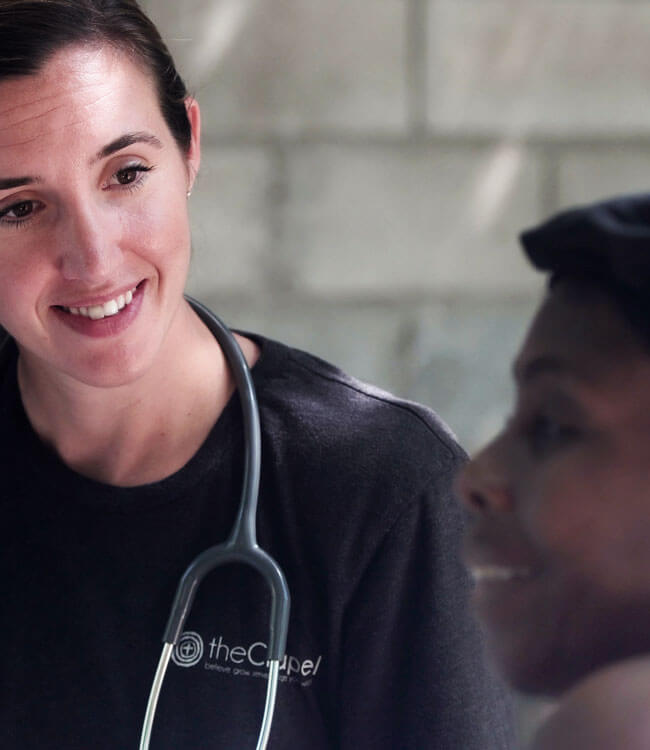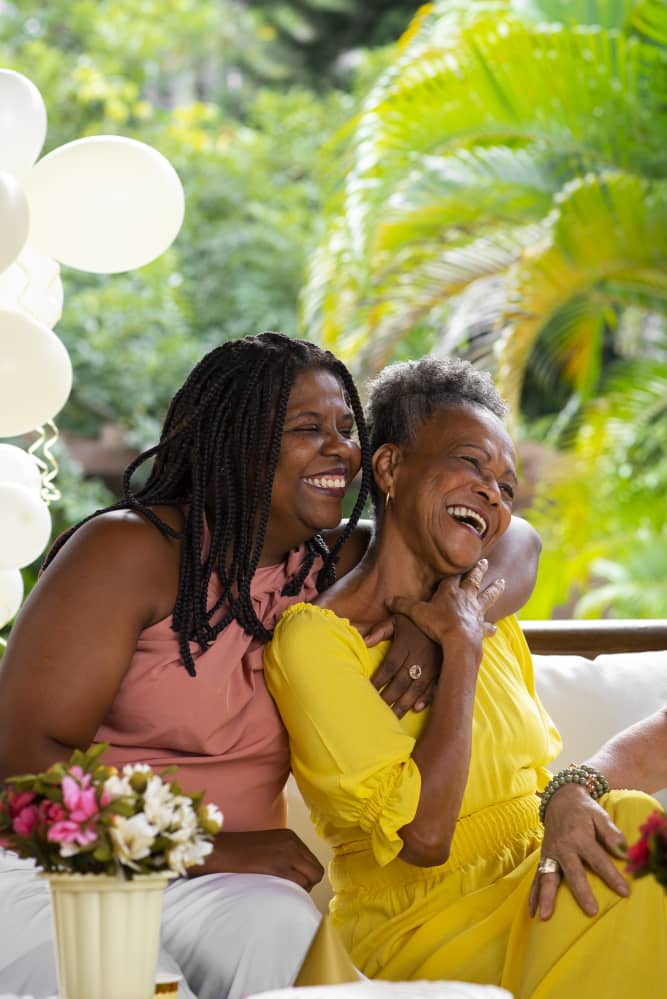Services

Social
activities
Cognitive Stimulation
• Group Exercise Classes
• Art and Craft Sessions
• Book Clubs
• Games and Puzzle
• Music and Singing Groups
• Cooking and Baking Classes, Etc
Skills
acquisition
Skills acquisition for the elderly community provides numerous benefits:
1. *Cognitive Stimulation:* Learning new skills keeps the mind active, promoting cognitive health and preventing mental decline.
2. *Social Engagement:* Participating in classes or workshops fosters social connections, reducing feelings of isolation and loneliness.
3. *Enhanced Self-Esteem:* Acquiring new skills boosts self-confidence and a sense of accomplishment, contributing to overall well-being.
4. *Adaptability:* Learning new skills cultivates adaptability, helping individuals navigate life changes and challenges more effectively.
5. *Improved Mental Health:* Engaging in meaningful activities through skill acquisition contributes to positive mental health and emotional well-being.
6. *Independence:* Acquiring practical skills enhances self-sufficiency, promoting independence in daily life and reducing reliance on others.
7. *Hobbies and Enjoyment:* Discovering new skills often leads to enjoyable hobbies, adding fulfillment and joy to daily life.
8. *Lifelong Learning:* Encouraging a mindset of continuous learning promotes ongoing personal development, keeping individuals curious and engaged.
9. *Community Contribution:* Elderly individuals with diverse skills can contribute to their communities, sharing knowledge and experiences, fostering a sense of purpose.
In essence, Goshen Community Projects skills acquisition programs empowers the elderly by enhancing their mental, emotional, and social well-being, while also contributing positively to the broader community.


CARE
Management
Care management for the elderly involves coordinating and overseeing various aspects of their well-being. This includes:
1. *Assessment:* Conducting comprehensive assessments to understand the elderly individual’s physical, mental, and social needs.
2. *Care Planning:* Developing personalized care plans tailored to the individual’s requirements, considering health, safety, and lifestyle.
3. *Healthcare Coordination:* Ensuring access to and coordination of medical services, appointments, and medications.
4. *Communication:* Facilitating effective communication between healthcare professionals, family members, and the elderly individual.
5. *Advocacy:* Serving as an advocate for the elderly in navigating healthcare systems and ensuring their preferences are respected.
6. *Safety Monitoring:* Assessing and implementing measures to enhance the safety of the living environment.
7. *Emotional Support:* Providing emotional support and addressing mental health needs through counseling or connecting with support groups.
8. *Financial Management:* Assisting with financial matters, such as budgeting and coordinating benefits or assistance programs.
9. *Coordination of Services:* Collaborating with various service providers, including home care, transportation, and rehabilitation services.
10. *Regular Assessments:* Periodic reassessments to adjust care plans based on changing needs or conditions.
Overall, Goshen Community Projects aims to enhance the quality of life for the elderly by ensuring they receive comprehensive and coordinated support across various aspects of their daily lives.
NETWORKING
Goshen Community Projects provides networking for the elderly community which can have several positive impacts:
1. *Social Connection:* Networking provides opportunities for the elderly to connect with peers, reducing isolation and fostering a sense of community.
2. *Information Sharing:* Through networks, seniors can share valuable information about resources, services, and events that benefit their well-being.
3. *Support System:* Networking creates a support system where individuals can offer assistance, advice, and emotional support to one another.
4. *Access to Resources:* Being part of a network increases access to various resources, including healthcare information, recreational activities, and community services.
5. *Intellectual Stimulation:* Engaging with others stimulates intellectual conversations and activities, contributing to cognitive well-being.
6. *Sense of Belonging:* Networking helps seniors feel a sense of belonging and purpose, which is crucial for mental and emotional health.
7. *Volunteer Opportunities:* Through networks, elderly individuals can find volunteer opportunities, contributing to the community and maintaining a sense of productivity.
8. *Cultural and Recreational Activities:* Networks often organize cultural and recreational events, providing opportunities for socialization and enjoyment.
9. *Health Promotion:* Networking can promote health-related initiatives, encouraging seniors to participate in activities that enhance their physical well-being.
10. *Empowerment:* Being part of a network empowers the elderly by giving them a platform to voice their needs, concerns, and opinions, leading to more inclusive and supportive communities.



